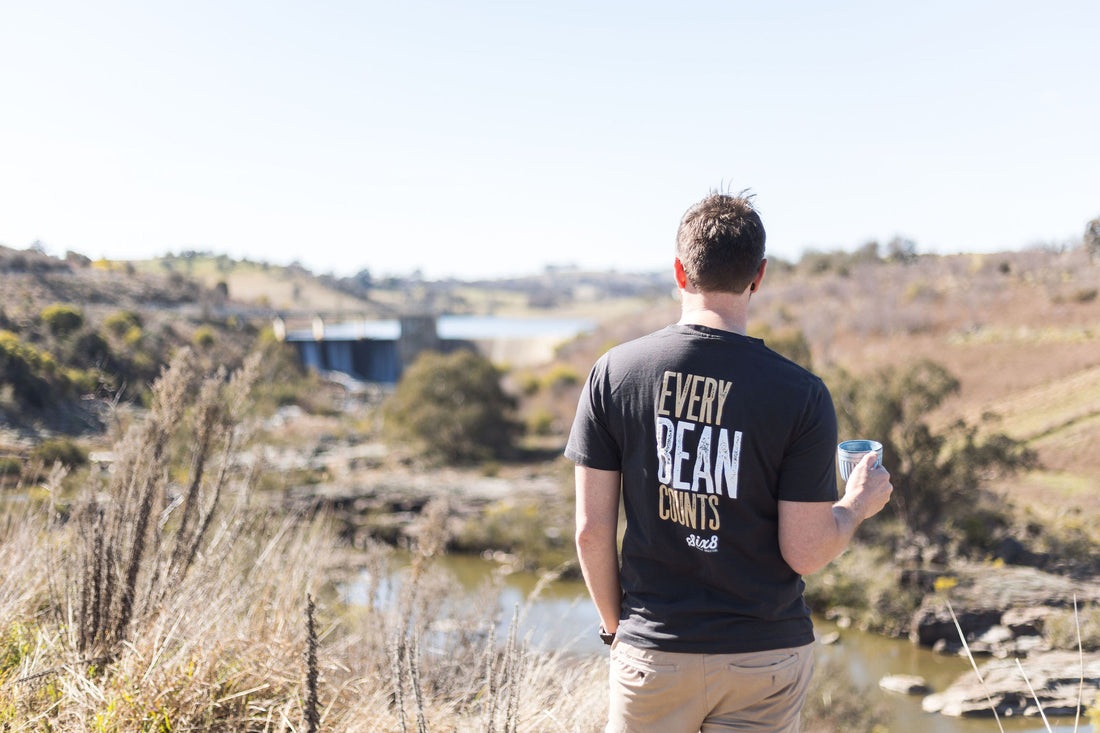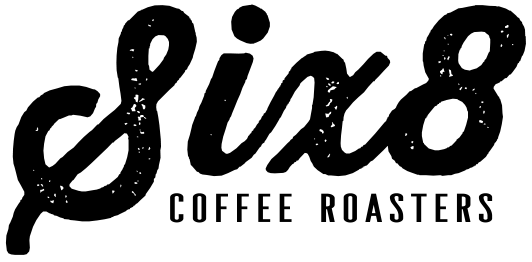
Why We Choose Small Producers Over Fair Trade Certification
Share
Why We Choose Small Producers Over Fair Trade Certification: A Deeper Look into Ethical Sourcing
At Six8 Coffee Roasters, we're often asked why we don't exclusively source Fair Trade certified coffee. It's an excellent question, and it touches on some fundamental aspects of the coffee industry, especially within the realm of specialty coffee. Let's delve into the reasons behind our sourcing philosophy and why we believe it leads to a more sustainable and ethical coffee experience.
The Reality of Fair Trade Certification
Fair Trade certification is undeniably a vital program that plays a crucial role in regulating large, multinational corporations. It aims to protect workers from exploitation and ensures they receive a fair wage. This is particularly significant for large corporate-owned farms and for coffee bought by giants like Starbucks and Nestlé, where the scale of operations can lead to greater potential for labor abuses and unethical practices.
However, the landscape of specialty coffee is quite different. Specialty coffee is typically produced by small, family-owned farms that focus on quality over quantity. These farms often produce limited volumes of high-grade coffee and rely on their local communities for harvesting and processing. The economics of Fair Trade certification, which is designed for larger operations, often don't make sense for these smaller producers.
The Cost of Certification
For many small-scale coffee farmers, the cost and complexity of obtaining Fair Trade certification can be prohibitive. The certification process involves stringent requirements and significant paperwork, which can be both time-consuming and expensive. These resources could be better spent on improving farming practices and investing in quality enhancements.
In contrast, small producers of specialty coffee typically earn much higher prices for their beans—often three to five times more than the standard Fair Trade price. This premium comes from producing exceptional quality coffee, which commands higher market prices and allows these farmers to sustain their businesses without the need for certification.
Building Direct Relationships
When I started roasting coffee a decade ago, my initial goal was to source only Fair Trade certified beans. However, as I delved deeper into the specialty coffee world, I realized that this wasn't the best path for ensuring ethical sourcing and sustainability.
At Six8 Coffee Roasters, we prioritize direct relationships with our coffee producers. We work closely with our importing partners, who have established long-term, transparent connections with farmers. These relationships are built on trust and mutual benefit, ensuring that producers receive fair compensation and that their communities thrive.
Our commitment to sustainability and ethical trade goes beyond certifications. We ensure that our partners adhere to practices that promote environmental stewardship and social responsibility. By fostering these direct relationships, we help to secure the future of specialty coffee and support the livelihoods of the farmers who produce it.
The Specialty Coffee Difference
Specialty coffee is all about quality and the human connections behind each cup. It's about knowing the story of the farmer who grew the beans and the care taken at every step of the process. By focusing on small producers, we can offer unique and exquisite coffee experiences while supporting sustainable and ethical practices.
Fair Trade certification has its place, especially in regulating large-scale coffee production. However, in the world of specialty coffee, direct trade relationships often provide greater benefits to small farmers and ensure that they are rewarded for their exceptional work. At Six8 Coffee Roasters, we are proud to support these producers and bring their extraordinary coffee to your cup.
So, next time you savor a cup of our coffee, remember that it represents not just exceptional quality but also a commitment to ethical sourcing and sustainability. Thank you for being part of this journey with us.
